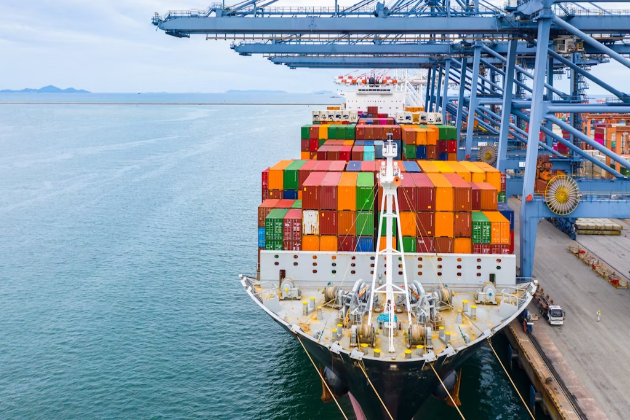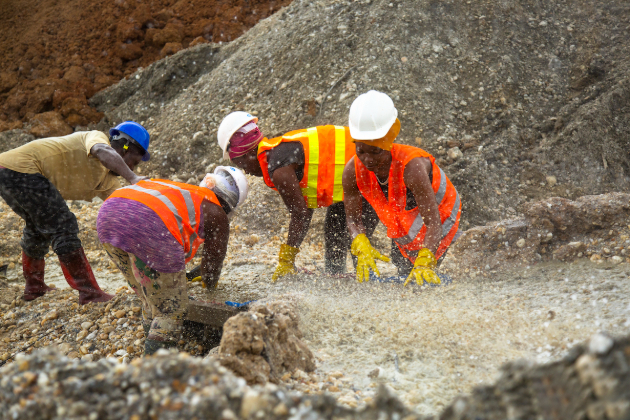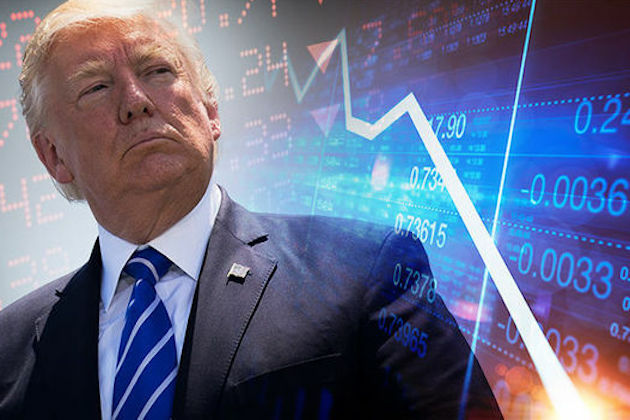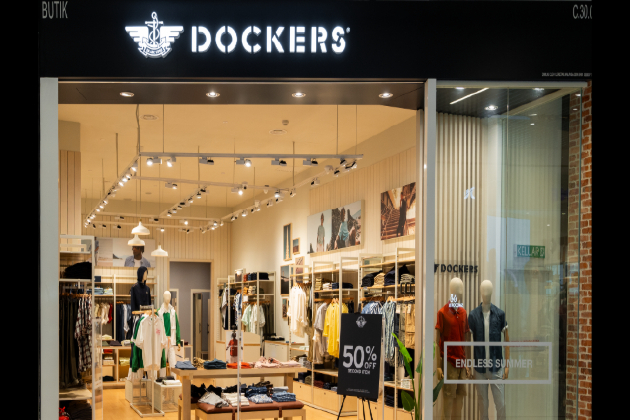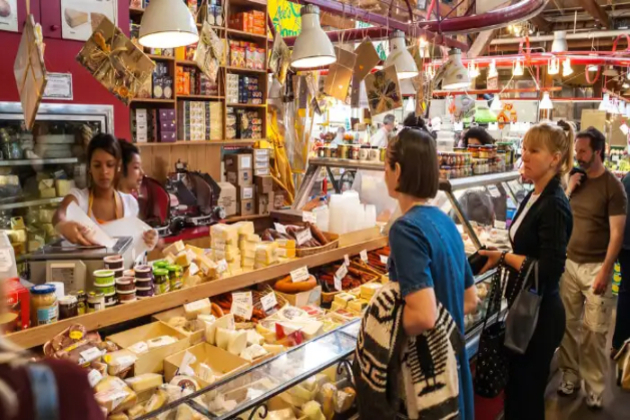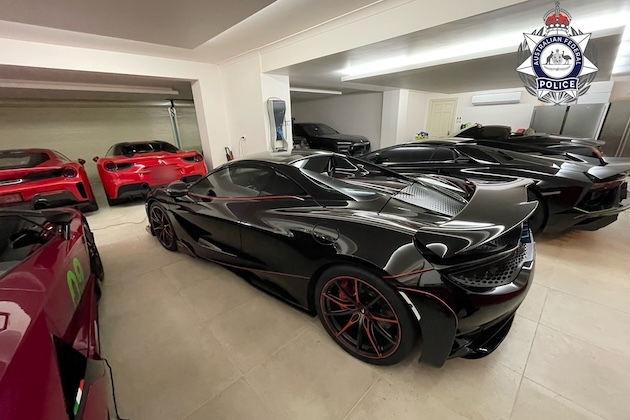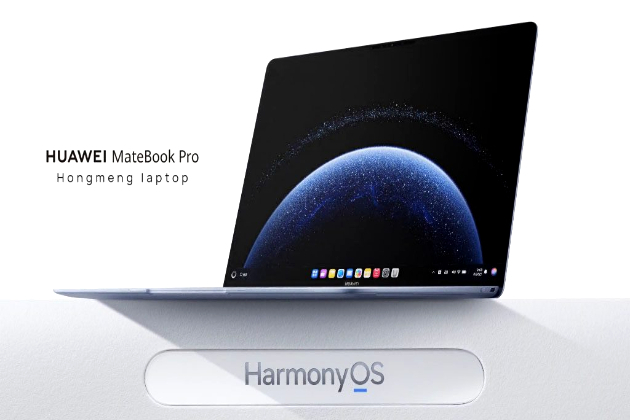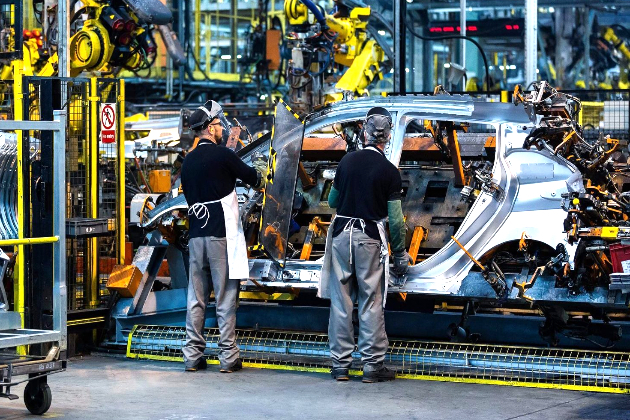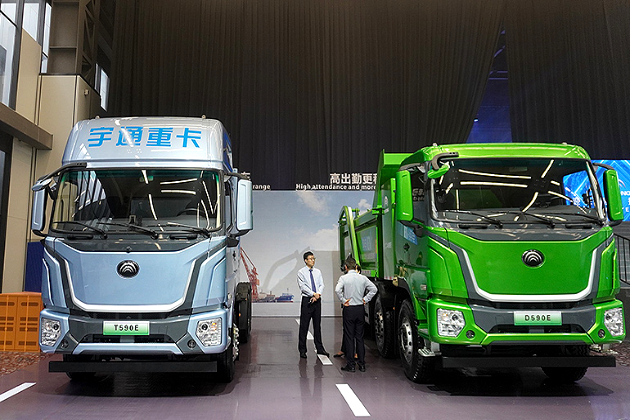Indian-Pacific Quad working together to break Chinese monopoly
ANI
18 Sep 2020, 13:48 GMT+10
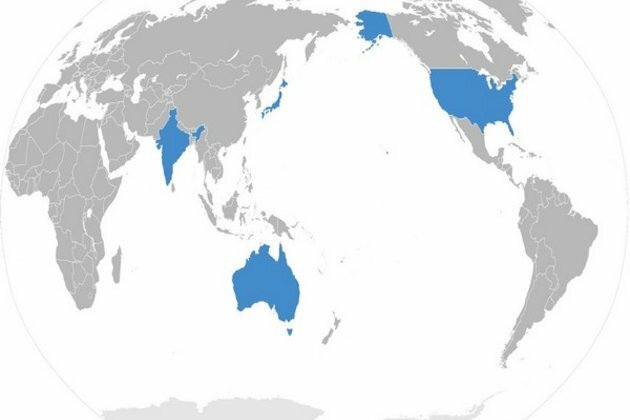
Canberra [Australia], September 18 (ANI): In a bid to break the Chinese monopoly on processing rare earth elements, the Indian-Pacific Quad comprising of India, Japan, Australia and the United States are working together and pooling resources to rapidly build collective self-reliance in the sector.
There are 17 strategic elements vital for the production of anything ranging from laptops, electric car batteries to missile guiding systems and lasers. "There are 0.15 grams of palladium (a rare earth metal) in an iPhone, 472 kilograms of combined rare earth in an F-35 fighter jet and four tonnes in a Virginia-class submarine," the Sydney Morning Herald has reported.
So far China has exercised a virtual monopoly on processing rare earth elements. Amid deteriorating relations with the United States, Beijing has signalled that Washington may be denied supply of the minerals produced in China.
The Quad countries are looking forward to utilising this opportunity to rapidly build collective self-reliance as dependency on China in critical areas may be a grave threat.
It is believed that Australia, which is the second-largest producer of rare elements is the fulcrum that can liberate the region's democracies and like-minded countries from arm twisting by communist China, which can leverage its rare earth's monopoly to exercise critical political control.
However, Australia output is much smaller so far when compared to the mammoth quantities produced by China.
Yet this situation of vulnerability may change rapidly, as Australia is mounting a serious effort to bridge the production gap with China.
Four Australian companies have advanced rare earth projects. Three of them are in Australia, while the fourth is located in Tanzania. Their focus is to ferret neodymium-praseodymium--a combination of rare-earth metals, which imparts high strength permanent magnets.
These super-magnets are extensively used in electric vehicle engines. Funds have been allocated for further exploration in Australia along two massive 2500-kilometre-long corridors.
Australia, in June, had inked a preliminary agreement for supplying critical minerals to push India's transition to a new energy economy.
Australian Resources Minister Keith Pitt said that Canberra could become India's top supplier of cobalt and zircon.
Antimony, lithium, rare earth and tantalum could also be added to the list. "India presents growing opportunities for Australia's critical minerals, especially as the nation looks to build its manufacturing sector, defence and space capabilities," Pitt said. He pointed to the allure of New Delhi's 'Make in India' programme, and its goal of moving to full electric mobility by 2030--a policy shift that would power India's copious demand for critical minerals.
The deal follows a major military logistics agreement between the two countries, which lays the strategic foundation for a special relationship between New Delhi and Canberra, both facing headwinds from China.
The Mutual Logistics Support Agreement (MLSA), will allow the two militaries access to each other's military logistics facilities, take on more complex joint military exercise and improve interoperability between the security forces of the two democracies.
Australia has also worked out a rare earth elements deal with the US, the India-Pacific Quad's most powerful partner.
The Australian rare earth miner Lynas would process the mined minerals in a facility in Texas, in partnership with the Pentagon. Besides, the Australian company Syrah has earmarked a production line in the US state of Louisiana to turn graphite into super-conductor graphene, for use in electric cars.
Australia's partnership with Japan in the domain of the rare earth is already well established, following Tokyo's spat with Beijing over islands in the East China Sea. Fearing that its high-tech industries could be compromised, the Japanese decided to invest in Mount Weld-- a mountain and a mine site in Western Australia, with one of the richest major rare-earth deposits in the worldBacked by funding by the Japanese government, Sojitz, a Japanese trading company, signed a USD 250 million supply deal for rare earth mined at the site.
The agreement also spurred the rise of Australian firm Lynas, which could now fund construction of a processing plant in Kuantan, Malaysia. Recently, Lynas has signed a 10-year loan extension on easier terms with its powerful Japanese consortium.
With the loan repayment extended to 2030, the company will be able to relocate its controversial processing facility from Malaysia to Western Australia, not far from the Mount Weld mine.
With critical dependence on China no longer acceptable, the Indo-Pacific countries have decided to work together to establish their own dedicated supply chains, free from Beijing's influence.
Earlier this month trade ministers of Japan, India and Australia agreed to hammer out details of a new supply chain network, which is likely to include rare earth elements, by the end of the year.
They also invited other countries in the region with shared views to join the initiative. The three ministers agreed to reach out to ASEAN countries as the next step to expand their orbit of critical resources and technologies, free from Beijing's influence. (ANI) Share
Share
 Tweet
Tweet
 Share
Share
 Flip
Flip
 Email
Email
Watch latest videos
Subscribe and Follow
Get a daily dose of China National News news through our daily email, its complimentary and keeps you fully up to date with world and business news as well.
News RELEASES
Publish news of your business, community or sports group, personnel appointments, major event and more by submitting a news release to China National News.
More InformationBusiness
SectionAussie firms upbeat on China outlook despite trade tensions
SYDNEY, Australia: Australian businesses are feeling optimistic about their prospects in China despite escalating global trade tensions,...
Russia’s top oil company takes over largest rare earth deposit
MOSCOW, Russia: Russia's top oil company, Rosneft, has taken over control of the country's largest rare earth metals deposit, Tomtor,...
Volvo Cars steps up partnership with Google to make Android software
GOTHENBURG, Sweden: Volvo Cars is stepping up its collaboration with Google to become the lead development partner for Android automotive...
U.S. stocks in retreat after Trump wages war on European Union
NEW YORK, New York - U.S. stock markets fell Friday as President Donald Trump launched an extraordinary attack on the European Union,...
Levi’s to sell Dockers brand for $311 Million, focus on care labels
SAN FRANCISCO, California: Levi Strauss is parting ways with Dockers. The denim giant announced this week that it will sell the Dockers...
Canada’s inflation eases, but core prices rise
OTTAWA, Canada: Canada's inflation picture became more complicated in April, with headline inflation easing but core measures ticking...
Asia Pacific
SectionRemembering kids that have vanished in Australia over many years
Leela found joy in dancing. Megan loved the freedom of ice skating. Ronya was always singing along to pop songs. Cherie's favourite...
Aussie firms upbeat on China outlook despite trade tensions
SYDNEY, Australia: Australian businesses are feeling optimistic about their prospects in China despite escalating global trade tensions,...
Police seize Sydney pharmacist's assets as part of fraud probe
SYDNEY, Australia - A pharmacist has been charged after allegedly defrauding the Pharmaceutical Benefits Scheme (PBS) of more than...
Huawei unveils first HarmonyOS laptops to cut US tech dependence
BEIJING, China: Huawei has launched its first laptops running on its proprietary HarmonyOS, marking a significant step in its effort...
Nissan may shut plants in Japan, Mexico amid cost-cutting drive
TOKYO, Japan: Nissan is reportedly considering shutting down two car assembly plants in Japan and several overseas factories, including...
China's heavy truck market maybe 50% electric by 2028: CATL chief
BEIJING, China: China's sales of heavy trucks could be dominated by electric vehicles by 2028, with battery-powered models potentially...

